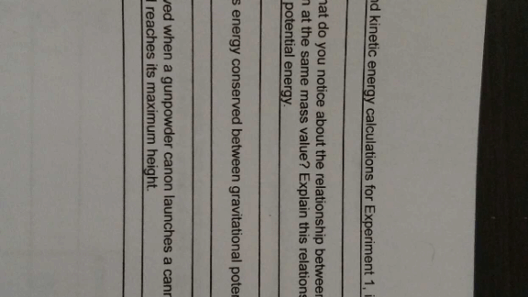As the global consciousness shifts toward sustainable practices, one must ponder: Is energy conservation indeed critical for a sustainable future? This question is multilayered and warrants a thorough exploration. The exigency for energy conservation arises from the inexorable reality that our resources, particularly fossil fuels, are finite. With burgeoning populations and insatiable energy demands, conserving energy emerges not merely as a choice but as a paramount necessity.
To fully grasp the essence of energy conservation, we must first delineate what it entails. Energy conservation is the practice of using less energy by, for example, utilizing energy-efficient technologies, improving insulation in buildings, and adopting sustainable practices in daily life. The benefits of this practice are manifold, extending beyond the immediate reduction of energy consumption.
One might ask: What are the tangible benefits of energy conservation? The advantages are both economic and environmental. From an economic standpoint, energy conservation reduces utility bills, lessens the burden on energy infrastructure, and diminishes the volatility associated with fluctuating energy prices. When society reduces its energy consumption, it indirectly lowers the demand for new power plants and infrastructure, resulting in significant cost savings.
Environmentally, energy conservation mitigates the consequences of climate change. The burning of fossil fuels is a predominant contributor to greenhouse gas emissions, which in turn leads to global warming. By consuming less energy, we alleviate some of the pressure on our atmosphere. This is particularly critical as we face mounting evidence of climate-induced catastrophes—melting ice caps, rising sea levels, and extreme weather patterns. The correlation between energy consumption and environmental degradation is clear; thus, energy conservation becomes an indispensable strategy in combating climate change.
In addition to reducing emissions, conserving energy can foster greater biodiversity. Urban sprawl and increased energy development often lead to habitat destruction. By minimizing energy consumption and shifting towards renewable sources, we can preserve natural habitats and promote ecological balance. This leads to a healthier planet where both flora and fauna can thrive, maximizing biodiversity and the services ecosystems provide.
But what challenges confront us as we endeavor to embrace energy conservation? One notable obstacle is the technological lag in the implementation of renewable energy sources and energy-efficient practices. While advancements are being made, the transition from traditional to renewable energy systems can be fraught with obstacles. These include political resistance, lack of infrastructure, and financial constraints that inhibit investment in greener technologies.
An additional challenge might derive from societal attitudes toward energy conservation. Energy use has been deeply ingrained in modern culture. People have become accustomed to convenience and excess, often prioritizing immediate gratification over long-term benefits. Educating the populace about the importance of energy conservation and its benefits is essential. Creating awareness can incite individuals to alter their habits and adopt more sustainable behaviors, but this requires concerted effort from both governments and environmental organizations.
Moreover, energy conservation is not merely a personal choice; it is a collective responsibility that demands collaboration among various sectors. Diversifying energy sources and actively promoting policies that support energy efficiency are crucial steps. For instance, governments can incentivize businesses to adopt energy-efficient practices through tax breaks or grants. Additionally, public awareness campaigns can galvanize citizens into making conscious choices about their energy consumption, such as utilizing public transportation or investing in energy-efficient appliances.
As we delve deeper into the concept of energy conservation, it is essential to examine its role in shaping policy and influencing economic growth. Policymakers must recognize that energy conservation is not merely a regulatory burden but an opportunity for innovation. By fostering an environment that encourages research and development in the energy sector, governments can stimulate economic growth while addressing the energy crisis. This creates a dual benefit—strengthening the economy and promoting sustainable practices.
Furthermore, energy conservation cultivates resilience in the face of global crises. The COVID-19 pandemic revealed vulnerabilities in our energy infrastructure. As work shifted to remote environments, energy demands fluctuated unpredictably. By adopting energy conservation practices, we can build systems that are more robust and capable of withstanding similar shocks in the future.
Ultimately, energy conservation is not a standalone solution. It intertwines with other sustainable practices such as water conservation, waste reduction, and sustainable agriculture. The concept of the circular economy epitomizes this interconnectedness, demonstrating how reducing resource consumption can lead to more sustainable production and consumption patterns. In essence, energy conservation is a catalyst that can propel a broader shift toward sustainability.
In conclusion, is energy conservation critical for a sustainable future? The answer is a resounding yes. While challenges abound, the benefits of conserving energy ripple through economic, environmental, and social domains. It necessitates a collective approach—individuals, organizations, and governments must unite to foster a culture of sustainability. The path forward may be riddled with complexities, but the imperative for energy conservation has never been clearer. As stewards of this planet, it is our responsibility to harness energy judiciously for the generations that follow. Let us not only question the sustainability of our practices but also commit to transformative actions that ensure a viable future for all.







